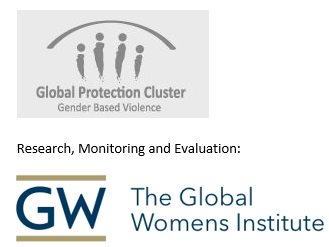Outsiders coming to certain locations to interview women and girls might be deemed suspicious. In refugee and internally displaced person camp settings, cramped conditions and lack of privacy can make it difficult to assure privacy and to discuss sensitive issues such as violence. Government or parties to the armed conflict may be interested in the research. They may be interested in influencing the outcomes of a study so that the results look positive or they may wish to collect privileged information about the survivors of violence. In order to minimize external suspicions and reduce risks of confidentiality breaches, data collection teams should consider the following options:
- Conduct interviews in private and safe locations, with alternative activities in place should an interview be disrupted. Since this can be especially difficult in camp settings, private interview locations should be planned in advance. Consider having participants come to a central and private location such as a health clinic, community center, women’s club etc. instead of crowded homes in camp settings.
- Interview only one woman per household.
- Train interviewers to change the subject of discussion in case of interruption and/or use a dummy questionnaire with non-sensitive questions if someone comes into the room and tries to listen in.
- If conditions allow, consider employing self-administered questionnaires such as an audio assisted questionnaire on a tablet where headphones can be worn to prevent others from listening into the questions and where color coded shapes can be used to reply “yes” or “no” minimizing barriers to participation due to illiteracy.
